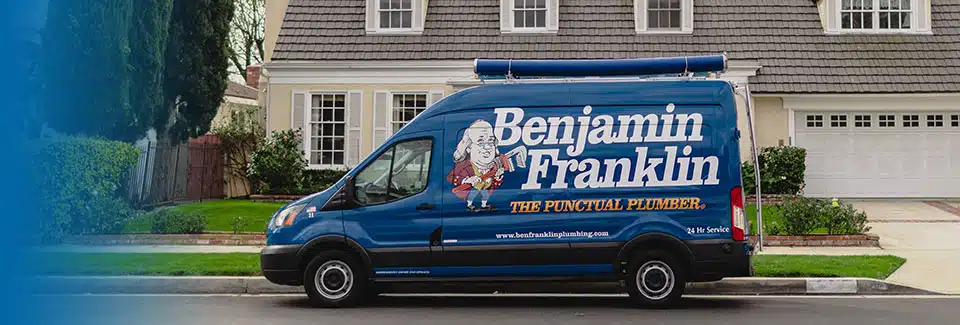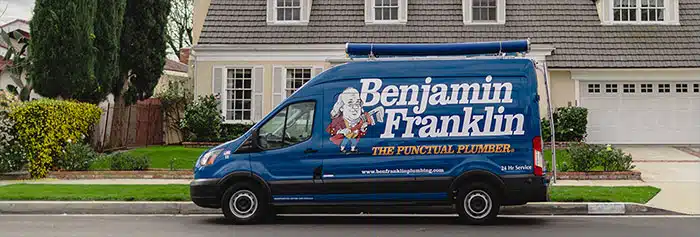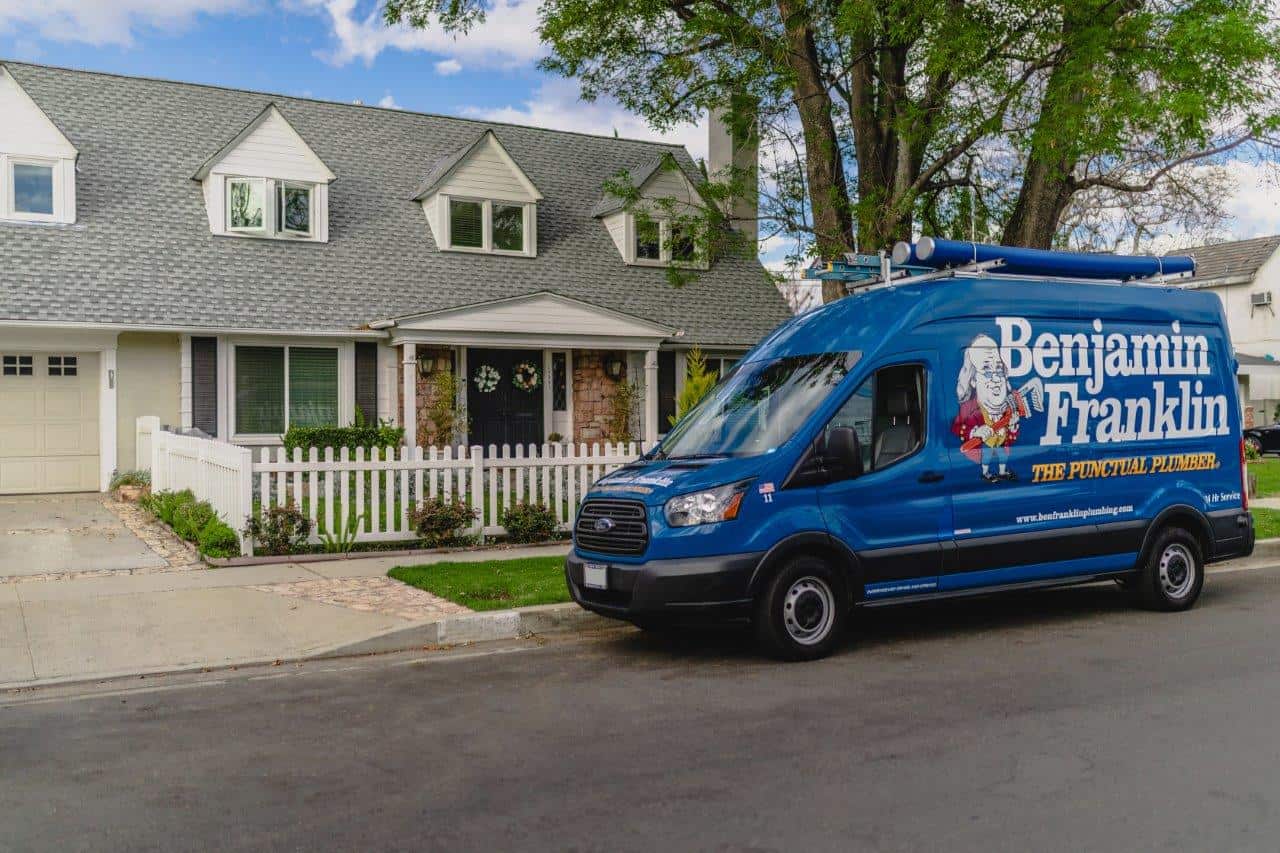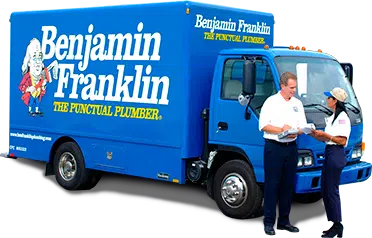There are various causes for toilet clogging, from children using it as a toy to too much toilet paper being used, but when simple plunger solutions fail, professional assistance should be sought out.
If water starts accumulating in other drains, it’s wise to contact a plumber immediately as this could indicate there is an issue in your main sewer line that needs immediate attention.
1. They Have the Right Tools
No matter the source of a clog – excessive toilet paper use, non-flushable items being flushed down the toilet, hard water deposits or otherwise – plumbers have many tools at their disposal to break up and clear away stubborn clogs. Such tools include plungers, drain snakes or closet augers which have been designed specifically to navigate toilet curves while reaching deep into drains in order to dislodge stubborn obstructions and clear clogs effectively.
As well as these tools, a plumber might use enzyme waste products – which are safer for pipes than traditional chemical cleaners – when dealing with severe clogs. On occasion, however, removal and cleaning of an entire assembly may be required; this requires experience as well as knowledge from plumbers.
Ultimately if neither plungers nor drain cleaners work, you should try using a toilet auger as the next step. This tool fits inside the toilet bowl and allows users to feed cable into drain without damaging porcelain coating; its handle can then be turned to either break up or retrieve clogs.
If these steps don’t do the trick, it may be necessary to consult a plumber. Clogged toilets could indicate issues in either your main sewer line or with your toilet itself that need further investigation. Clogs may form in your toilet’s branch line as well, requiring professional assistance to remedy. To avoid these complications, have your sewer lines professionally inspected and maintained on an ongoing basis. By informing members of your household on what can and cannot be flushed, you can dramatically lower the likelihood of clogged toilets. If you find yourself encountering a clogged toilet, it is crucial that you contact a professional immediately for assistance in order to prevent costly damages and messy cleanup. Aim only at clearing it yourself if the overflow is occurring repeatedly, otherwise seek professional assistance immediately.
2. They Have the Right Knowledge
A professional plumber has the skills and knowledge needed to know when plunging or another DIY method will work, and when it will take a bit more work. They also understand the basics of how drain lines work and how to read a sewer line map to see what is going on underground.
Clogged toilets are caused by a variety of things, from too much toilet paper to foreign materials like toys, cotton swabs, tampons and more. Often these items can be flushed away, but if they make it all the way to your home’s main sewer line, that can cause ongoing problems for your entire plumbing system. To help prevent these issues, your family can get into the habit of educating themselves on what can and cannot be flushed, and practice good toilet etiquette by being careful not to flush anything other than toilet paper.
Using a plunger can be the best option when it comes to clearing a clogged toilet, especially if you are able to keep the water level high in the bowl. Start by ensuring that the plunger’s flange seals tightly around the drain opening and then begin pumping up and down quickly. It may take several rounds of plunging before the clog is dislodged, so be patient and keep trying.
If a plunger doesn’t do the trick, try using an enzyme-based drain cleaner. These products use natural enzymes or bacteria to break down the waste causing the clog, and are safer for pipes than chemical drain cleaners. Follow the instructions on the bottle to determine how much to pour into your toilet, and then allow it to sit overnight. In the morning, flush the toilet and check to see if the clog has been fully broken down.
If a clog persists, even after attempting the above methods, it’s time to call in a pro. Be sure to ask the plumber if there is any other advice or techniques they can recommend, and don’t forget to ask about any other plumbing services that might be necessary for your home.
3. They Have the Right Equipment
Clogged toilets are among the most frequent plumbing issues homeowners experience, often caused by too much toilet paper or other materials that cannot pass through the drain system. While you could attempt using household items to unclog it yourself, it may be best to hire a professional instead. If attempting DIY solutions yourself, be sure to have all necessary tools with you to avoid damaging or injuring yourself during this process.
At first, take stock of your situation. Is the clog just in your toilet? In such instances, plunging will often do the trick; if however, clogging persists or waste is backing up into sewer lines then professional assistance might be needed.
Clogged toilets typically occur when waste has accumulated in the curved section of the trap and is blocking it off, so pouring hot water down this route may help clear things up in a few minutes.
If plunging does not do the trick, a hand-held auger may help break up or pull out an obstruction. These devices are widely available at hardware stores, and usually come equipped with instructions on their proper usage. Remember to never apply excessive force when using one as this could damage both your toilet or pipes.
Baking soda and vinegar can also help you solve tough clogs effectively. Simply pour one cup of baking soda into the toilet bowl before slowly pouring two cups of white vinegar on top, creating a chemical reaction which breaks down grime blockages to allow passage through pipes.
Home remedies alone won’t always solve a clogged drain, and in those instances it is wise to consult an experienced plumber such as Ben Franklin Plumbing in Phoenix, Arizona, so as to prevent further damage and ensure the issue is solved efficiently. To achieve this aim, contact them immediately!
Here are some tips on hiring a plumbing company for a clogged toilet:
- Get recommendations from friends, family, or neighbors. This is a great way to find a reputable plumbing company that you can trust.
- Do your research. Read online reviews of different plumbing companies.
- Get multiple estimates. This will help you to compare prices and find the best deal.
- Ask about the company’s experience. Make sure the company has experience with clogged toilets.
- Ask about the company’s warranty. Most plumbing companies offer a warranty on their work.
- Get everything in writing. This includes the estimate, the scope of work, and the warranty.
Here are some additional tips for hiring a plumbing company for a clogged toilet:
- Be clear about your needs. Let the plumbing company know what is wrong with your toilet and what you expect them to do to fix it.
- Be prepared to pay a service fee. Most plumbing companies charge a service fee, even if they are able to fix the problem quickly.
- Be patient. It may take some time for the plumbing company to arrive and fix your toilet.
- Be respectful. The plumbing company is there to help you, so be respectful of their time and expertise.
By following these tips, you can hire a plumbing company that will be able to fix your clogged toilet quickly and efficiently.
Here are some additional questions you can ask a plumbing company when hiring them to unclog your toilet:
- What is your experience with clogged toilets?
- What is your typical turnaround time for clogged toilets?
- What is your warranty on your work?
- Are you licensed and insured?
- Can you provide me with references?
By asking these questions, you can get a better understanding of the plumbing company’s experience and capabilities. This will help you to make an informed decision about which company to hire.
4. They Have the Right Equipment
Toilets are essential components in most households and if one stops functioning correctly it can quickly become an annoyance. While minor clogs may seem manageable at first, others can quickly escalate and lead to an overflowing toilet that requires professional intervention in order to avoid making the problem worse or further damaging your plumbing system. Knowing when it is necessary to call in help can prevent making matters worse or further damaging plumbing systems in your home.
One of the first tasks a plumber will complete when confronted with a clog is evaluating its severity. This allows them to establish whether it can be resolved with simple plunging, or more advanced methods are needed for resolution.
Toilet clogs occur when something is blocking the flow of waste from the toilet bowl to its pipe, often due to flushing too much toilet paper at once. A number of factors could contribute to such blockages: excessive toilet paper use may clog your pipes; too many pages being flushed at one time could also impede drainage and lead to blockages; flushing too often also can clog your sewer line and waste system, among other causes.
Non-Flushable Items: Unfortunately, many individuals mistakenly flush items that should not be flushed like baby wipes, sanitary products, diapers, cotton swabs and paper towels that should not be put down the toilet. As these materials do not break down like toilet paper does, clogging of drains may ensue quickly. Hard Water Deposits: Over time, minerals can build up in pipes, slowing drainage and making clogs more likely. Vent Pipe Issues: Clogged vent pipes due to bird nests or debris can inhibit airflow into the toilet and make clogs more likely.
If the clog is severe, a drain snake may be necessary. This tool has been specifically designed to clear stubborn clogs by dissolving and breaking up into smaller pieces so it can pass through pipes more easily. These snakes can be purchased at most hardware stores and are relatively straightforward to operate.
As an economical solution, consider using a wet/dry vacuum to unclog your toilet drain. This method works best on less serious clogs that do not necessitate drain snaking; to use this approach you will first need to empty out all water from the bowl, ensuring there are only a few inches left in it; wear rubber gloves before placing the wet/dry vacuum nozzle over the toilet drain – pressing down while simultaneously pulling up on its handle will create an effective seal – repeat until your clog has been unclogged completely!
Contact at Ben Franklin Plumbing AZ at 1911 W Parkside Lane, Phoenix AZ 85027 602-282-5007






